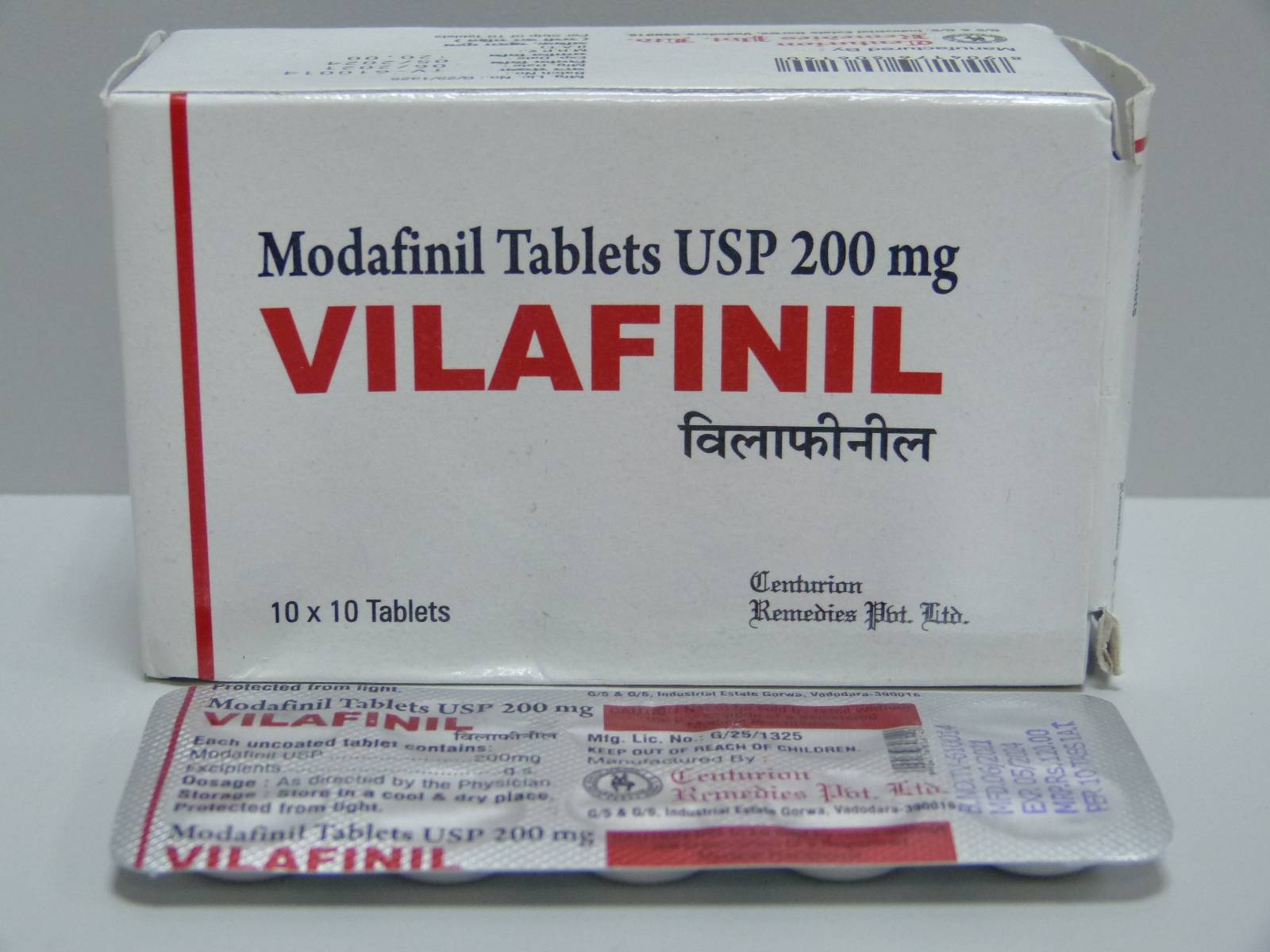deneenrascon1
About deneenrascon1
Exploring Modafinil: A Comprehensive Case Examine
Modafinil is a wakefulness-promoting agent that has gained vital consideration in each medical and non-medical contexts since its introduction within the late 1990s. Originally developed for the remedy of narcolepsy, a disorder characterized by excessive daytime sleepiness, modafinil has since been used to address numerous sleep-associated issues and is increasingly fashionable amongst healthy people seeking cognitive enhancement. This case research delves into the pharmacology, therapeutic purposes, potential benefits, risks, and moral concerns surrounding modafinil use.
Pharmacology of Modafinil
Modafinil, chemically often known as 2-[(diphenylmethyl)sulfinyl]acetamide, functions primarily as a central nervous system (CNS) stimulant. Unlike traditional stimulants similar to amphetamines, modafinil gives a singular mechanism of action. While the exact pathways remain incompletely understood, it is believed to influence several neurotransmitter programs, together with dopamine, norepinephrine, and orexin, which play crucial roles in regulating wakefulness and alertness.
The drug is often administered in doses starting from a hundred to 200 mg, with a half-life of roughly 12 to 15 hours, permitting for as soon as-daily dosing. Its pharmacokinetic profile ensures prolonged effects, making it suitable for people requiring sustained wakefulness all through the day.
Therapeutic Purposes
Whereas modafinil is primarily indicated for narcolepsy, its use has expanded to include other conditions characterized by extreme daytime sleepiness, reminiscent of obstructive sleep apnea and shift work sleep disorder. Research has also explored its efficacy in treating attention deficit hyperactivity disorder (ADHD), depression, and fatigue related to a number of sclerosis.
In clinical settings, modafinil has demonstrated significant improvements in wakefulness, cognitive function, and total quality of life for patients affected by these disorders. Research have shown that modafinil can enhance alertness, scale back fatigue, and improve cognitive performance in various domains, including attention, govt perform, and reminiscence.

Cognitive Enhancement and Non-Medical Use
Past its therapeutic applications, modafinil has garnered interest as a cognitive enhancer amongst healthy individuals, sometimes called ”smart medicine” or nootropics. The allure of modafinil lies in its potential to boost concentration, enhance reminiscence retention, and improve overall cognitive efficiency without the jitteriness associated with traditional stimulants.

Numerous anecdotal studies and some scientific studies counsel that modafinil can improve cognitive operate in sleep-deprived individuals, making it widespread among college students, professionals, and army personnel. As an illustration, a study published in ”Neuropsychology” found that modafinil improved working memory and executive operate in healthy volunteers, additional fueling its appeal as a cognitive enhancer.
Benefits of Modafinil
The potential benefits of modafinil lengthen beyond mere wakefulness. Users have reported enhanced focus, increased productiveness, and improved mood. The drug is often thought-about a safer various to traditional stimulants because of its decrease potential for addiction and abuse. Unlike amphetamines, modafinil doesn’t usually produce euphoric effects, making it much less prone to be misused for recreational purposes.
Additionally, modafinil’s favorable aspect impact profile contributes to its enchantment. Common unintended effects, equivalent to headache, nausea, and insomnia, are usually mild and transient. Severe adverse effects are uncommon however can embody allergic reactions and cardiovascular points, particularly in people with pre-present conditions.
Risks and Negative effects
Regardless of its advantages, modafinil will not be with out dangers. Prolonged use can lead to tolerance, the place customers might require higher doses to achieve the identical results. Moreover, potential unwanted side effects, whereas typically mild, can still pose considerations for some customers. Insomnia, anxiety, and gastrointestinal disturbances are among the many mostly reported points.
Moreover, the long-term results of modafinil use stay largely unknown. While brief-term research point out a favorable security profile, the lack of complete knowledge on chronic use raises questions about potential risks, together with dependency, cardiovascular well being, and psychological results.
Ethical Issues
The rising popularity of modafinil for cognitive enhancement has sparked moral debates within educational, medical, and societal contexts. Considerations heart around the implications of ”pharmacological enhancement” and the potential for creating an uneven playing subject, significantly in aggressive environments akin to academia and the workplace.
Critics argue that the use of cognitive enhancers like modafinil might exacerbate existing inequalities, as people with access to such medication may achieve an unfair advantage over those who can’t or choose not to use them. Furthermore, the normalization of cognitive enhancement raises questions about societal expectations regarding efficiency and productivity.
However, proponents argue that people ought to have the autonomy to make use of protected and effective medications to reinforce their cognitive skills, particularly in high-stress environments. In the event you adored this short article as well as you would like to acquire details relating to buymodaonline kindly stop by our site. The debate continues as society grapples with the implications of cognitive enhancement and the ethical boundaries surrounding its use.
Conclusion
Modafinil presents an interesting case research on the intersection of pharmacology, medicine, and ethics. As a wakefulness-selling agent, it has confirmed effective for varied sleep disorders and has gained traction as a cognitive enhancer amongst wholesome people. Whereas the advantages of modafinil are compelling, the potential risks and ethical concerns cannot be neglected.
As research continues to evolve, it is crucial for healthcare professionals, policymakers, and society at giant to have interaction in knowledgeable discussions about the implications of modafinil use. Balancing the pursuit of cognitive enhancement with moral concerns and individual well-being remains a complex challenge in the fashionable panorama of pharmacological interventions. In the end, understanding modafinil’s function in each clinical and non-clinical settings will form the way forward for its use and regulation in society.
No listing found.
